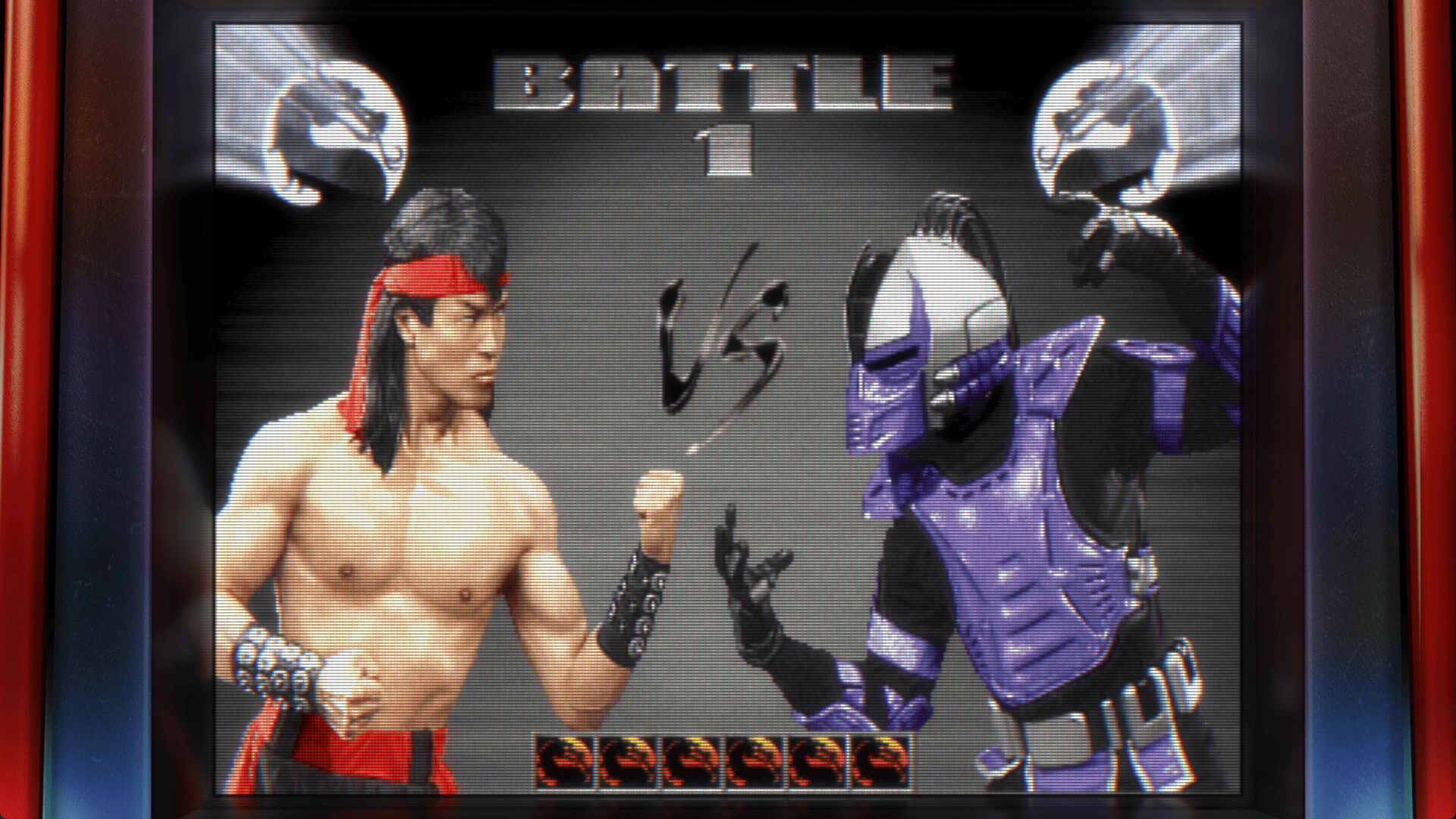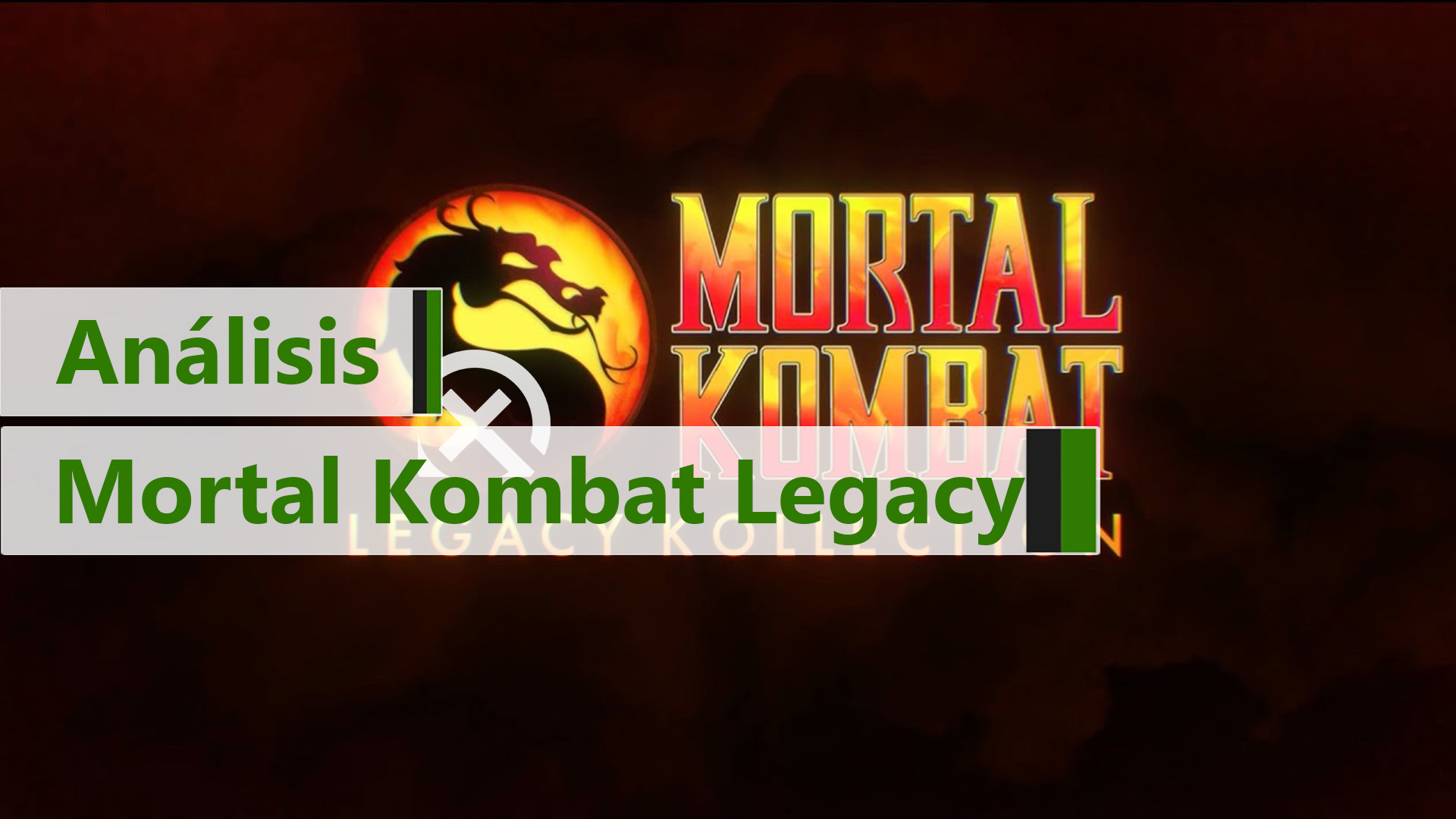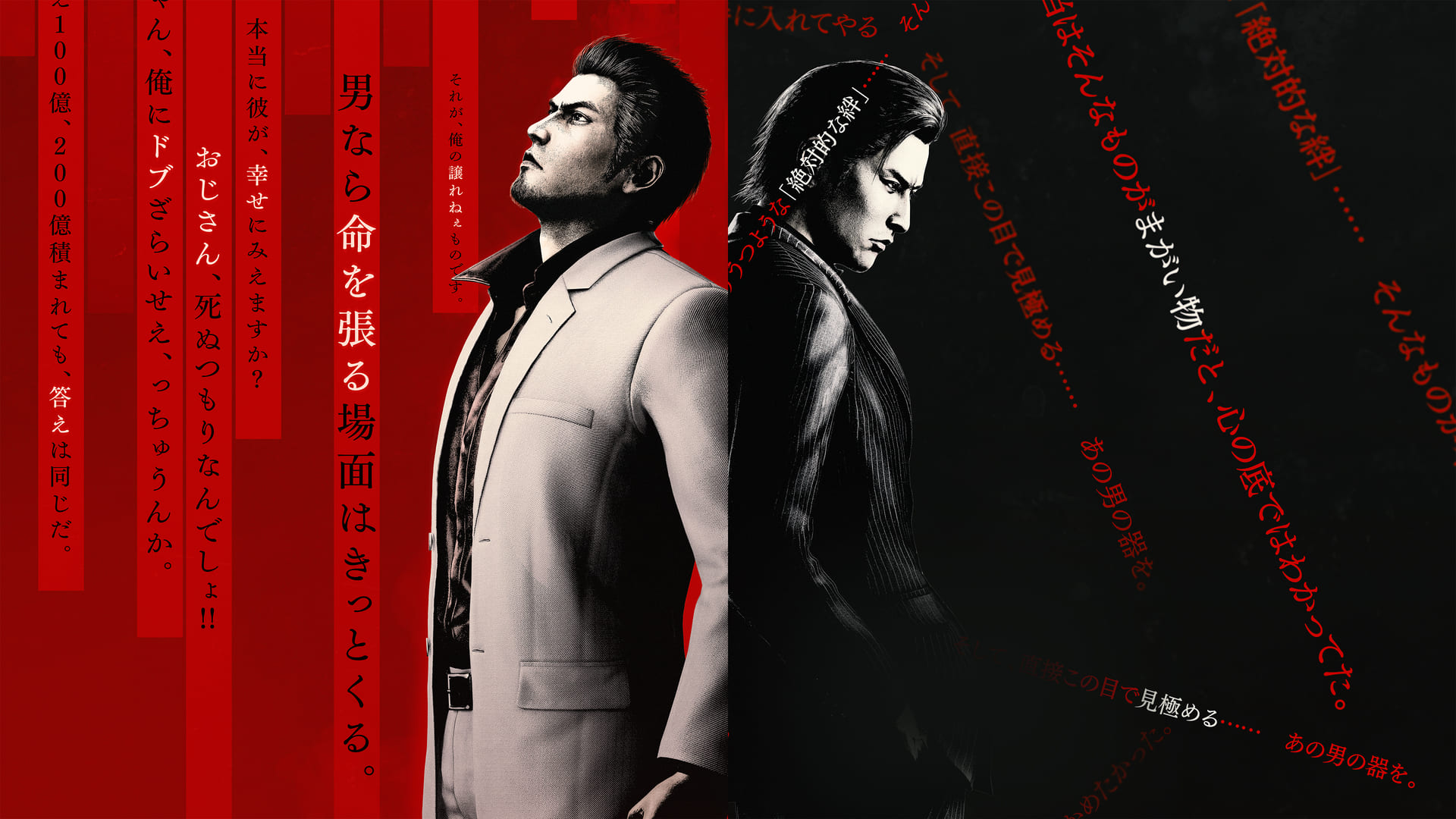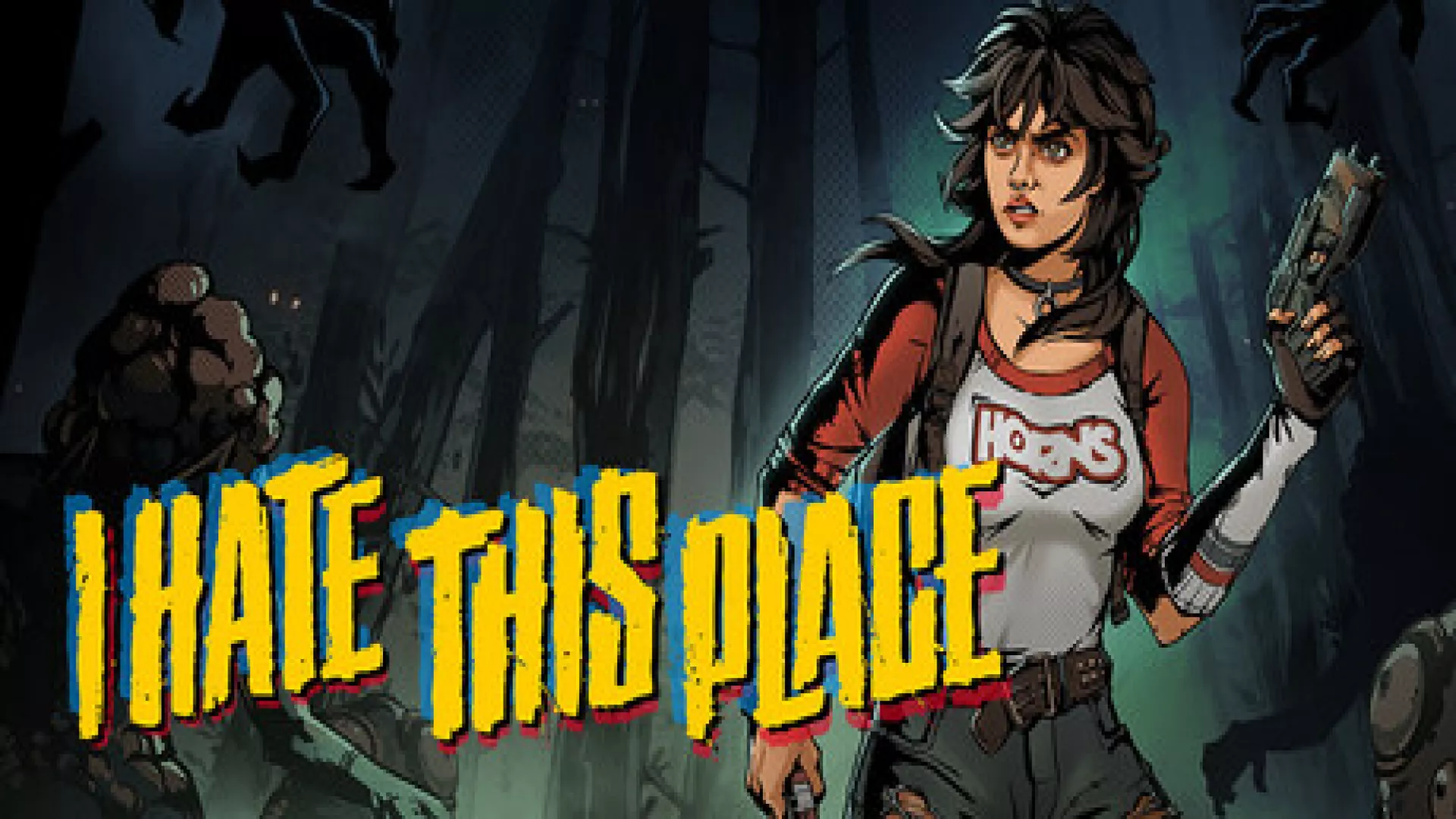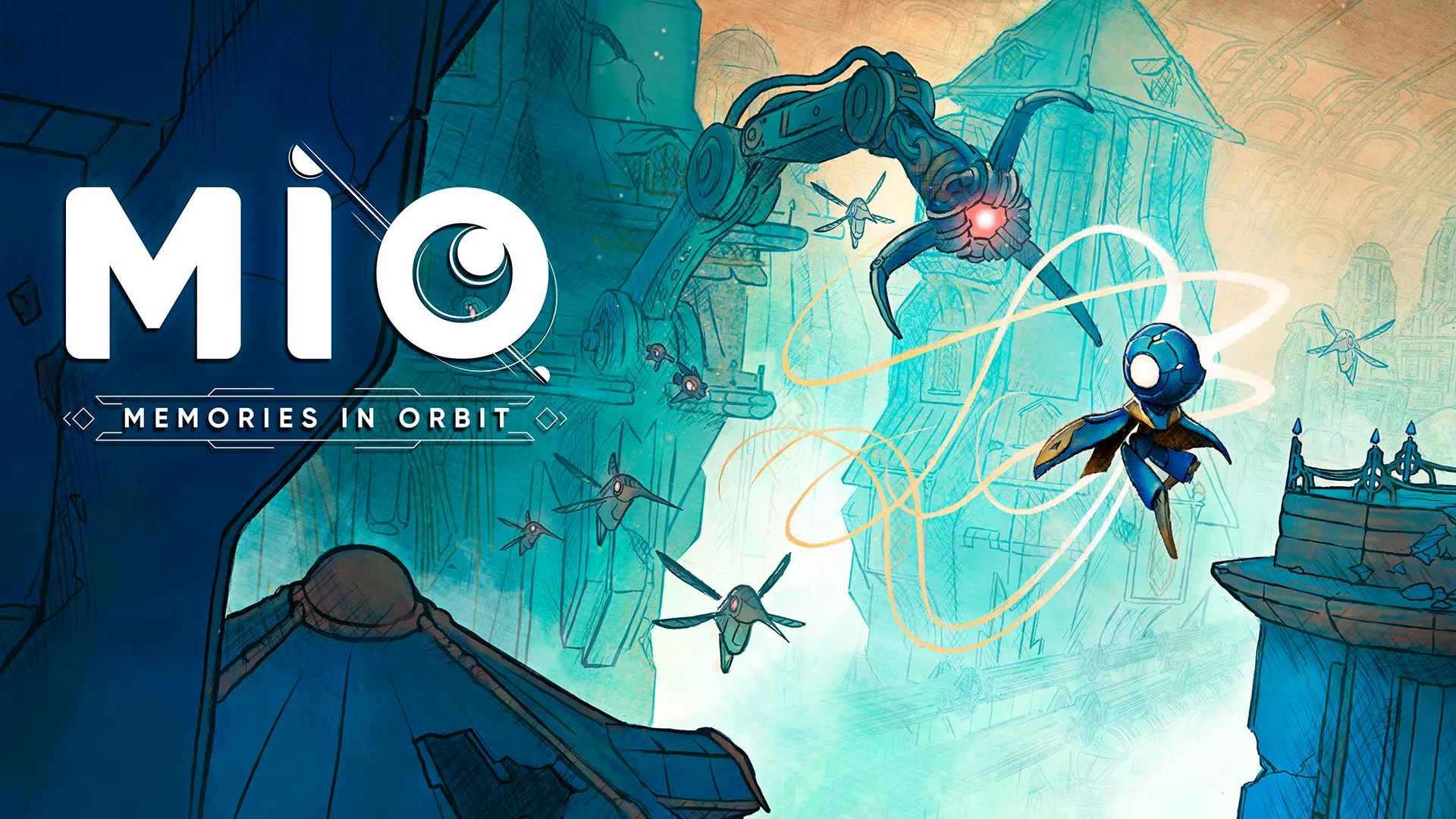A giant step in the preservation of several versions of these timeless classics.
Take a look at these other reviews
- Review of Yakuza Kiwami 3 & Dark Ties – Two looks at the heart of the Yakuza
- Review of I hate this place – Terror with love for the 80s
- MIO: Memories in Orbit review – A gentleman metroidvania with a French seal
| Don't miss anything and follow us on Google News! |
It’s impressive to look back and see the number of things that have happened in the history of Mortal Kombat, a saga that has undoubtedly changed the history of video games in a definitive way, taking them from the concept of children’s entertainment to a more adult level with the incorporation of the now mega-famous Fatalities, and the exaggerated blood that colored the screens with crimson, now something mild in comparison to everything we see, but which at the beginning of the 90s was warned as the arrival of the devil himself.
I’ve told it on repeated occasions on this website, I think that when I analyzed Mortal Kombat 1 I opened that review with this same anecdote, but I’ve never seen so much emotion in arcades as with the premiere of Mortal Kombat 1 and 2.
The machines were surrounded by people who admired how the pixelated blood gushed out and how, almost by divine action of those days without internet, someone managed to make a fatality. In those occasional circumstances, people held their breath from the moment the tube screen darkened, presaging the end of the fallen opponent. Pure magic of those days that today is very difficult to convey to us, the old ones, to the generations that have the same age as us in those days.
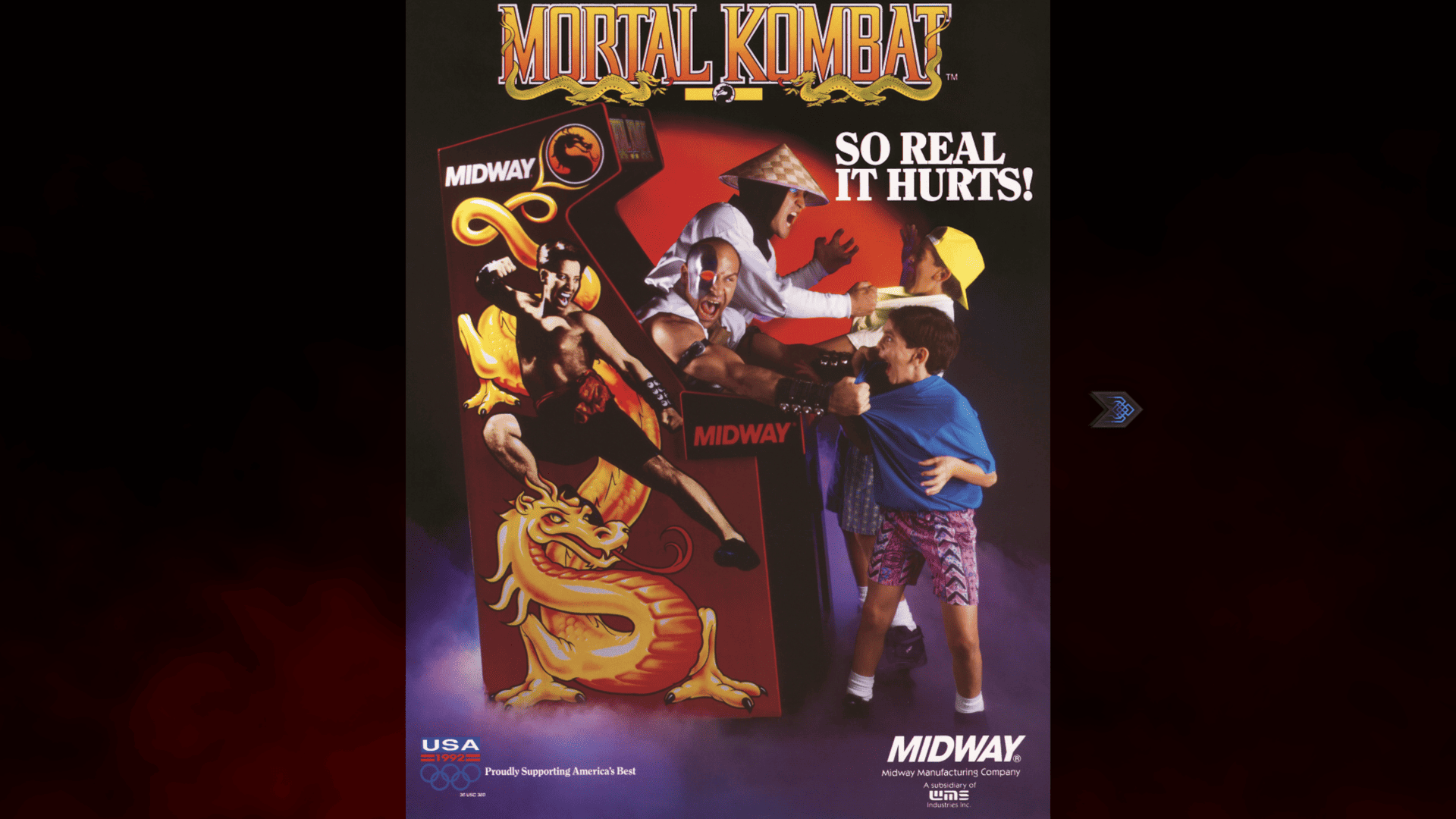
With that history of pure nostalgia comes a compilation that emphasizes the importance of preserving the original games and the key participation of a company that has become an icon of this initiative: Digital Eclipse. Mortal Kombat: Legacy Kollection focuses mainly on the arcade titles of the franchise and their different adaptations in home consoles: the Mega Drive/Genesis and even the 32X of Sega, the Super Nintendo and portable versions of the various titles for the Game Gear of Sega and the Game Boy and Game Boy Advance of Nintendo.
But the catalog of the title also opens the doors to Mortal Kombat Trilogy, a title exclusive to the PlayStation 1 that has the characteristic of being the first to be designed exclusively for console and other spin-offs of very poor reception in its day that have Sub Zero and Jax as protagonists, such as Mortal Kombat Mythologies: Sub-Zero and Mortal Kombat: Special Forces, which will try to win the heart of the fans by themselves and not by their ironic consumption, although having replayed them for this analysis, I doubt that this will happen.
It’s possible that you think that the catalog options are a bit particular outside of the original trilogy, and I must say that I agree with you, I don’t understand why Mortal Kombat: Deadly Alliance appears in its Advance version and not in its Xbox or PlayStation 2 version, for example, or the inclusion of Mortal Kombat: Tournament Edition with its ill-fated difficulty that makes even the child God cry.
On the other hand, I was pleasantly surprised to see a version of Ultimate Mortal Kombat 3 for WaveNet Arcades, a revolutionary idea at the time that allowed playing online from the same arcade and although it never really worked, it can be used in its local version with the particularity that the roster of selectable characters includes Noob Saibot.
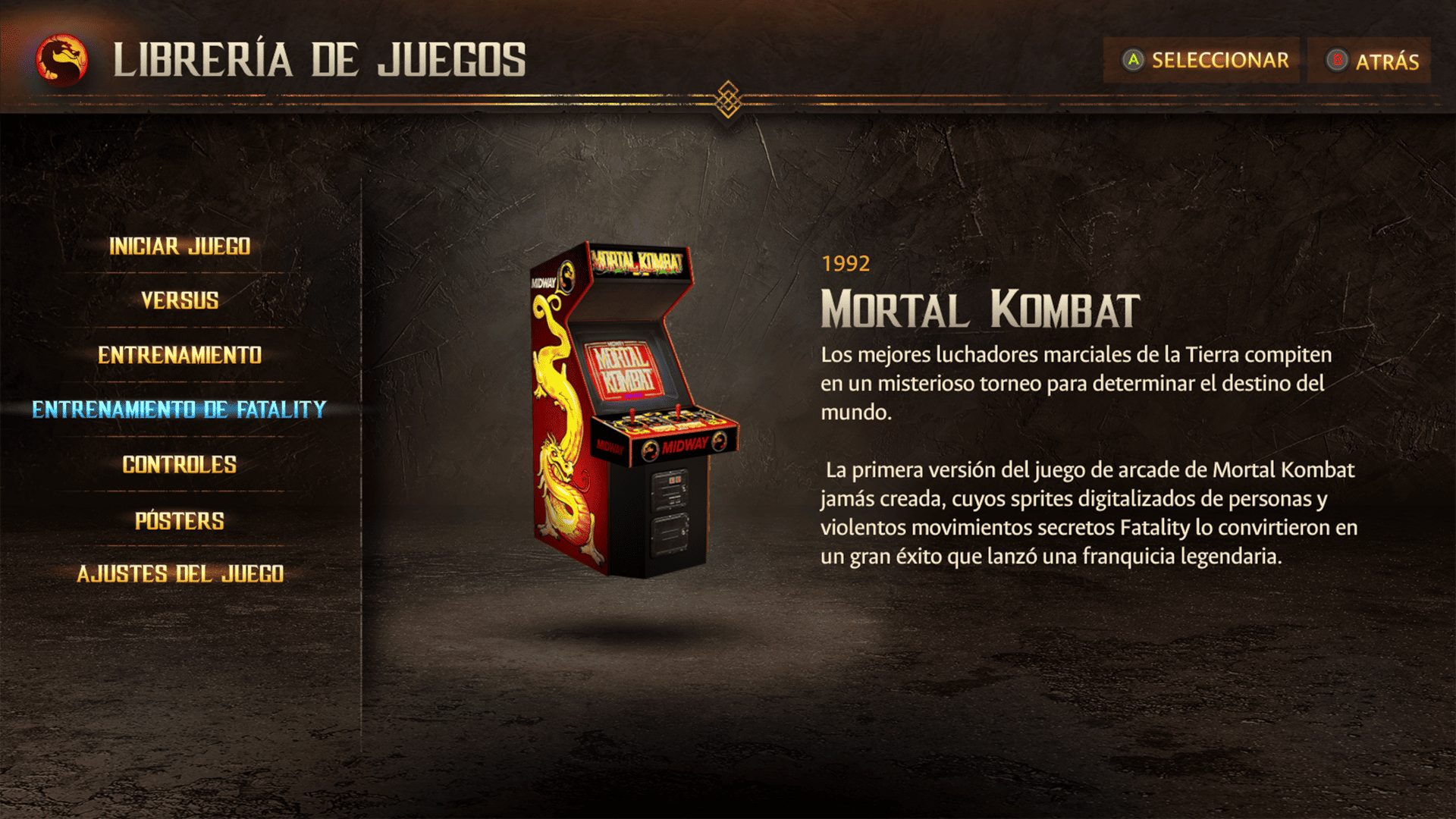
To make it clear to all the lovers of point-by-point lists, the title we are analyzing today includes:
- Mortal Kombat – 1992 (arcade version, SNES, Genesis/Mega Drive, Game Boy, Game Gear)
- Mortal Kombat II – 1993 (arcade version, SNES, Genesis/Mega Drive, Game Boy, 32X)
- Mortal Kombat 3 – 1995 (arcade version, SNES, Genesis/Mega Drive)
- Ultimate Mortal Kombat 3 – 1995 (arcade version, WaveNet Arcade, SNES)
- Mortal Kombat Trilogy – 1996 (PlayStation)
- Mortal Kombat 4 – 1997 (arcade version)
- Mortal Kombat Mythologies: Sub-Zero – 1997 (PlayStation)
- Mortal Kombat Special Forces – 2000 (PlayStation)
- Mortal Kombat Advance – 2001 (Game Boy Advance)
- Mortal Kombat: Deadly Alliance – 2002 (Game Boy Advance)
- Mortal Kombat: Tournament Edition – 2003 (Game Boy Advance)
Was it worth waiting so long to have all these games in a single compilation, most of which have already been played a lot? I think so, and I’ll explain my reasons throughout this analysis, which I hope will be to your liking and not too sappy due to my impossible-to-hide love for Mortal Kombat.
Technical Section
When some somewhat old titles are brought to modernity, my initial fear is always about the graphics, will they be modernized in a horrible way? Will they remain, perhaps, too old and unattractive for current HD technologies? In this case, my concerns were unfounded, the graphical options can be personalized with different options in each of the games, but the CRT filters that simulate the lines of tube monitors/TVs really suit the visual aspect.
This is added to some frames that can also be removed at will, which simulate the screen of a portable console, a TV from the game’s time, or the arcade cabinet, as the case may be. Additionally, different image sizes can be selected, even full width, although the dimensions are lost and it would not be an option to recommend for the most purists.
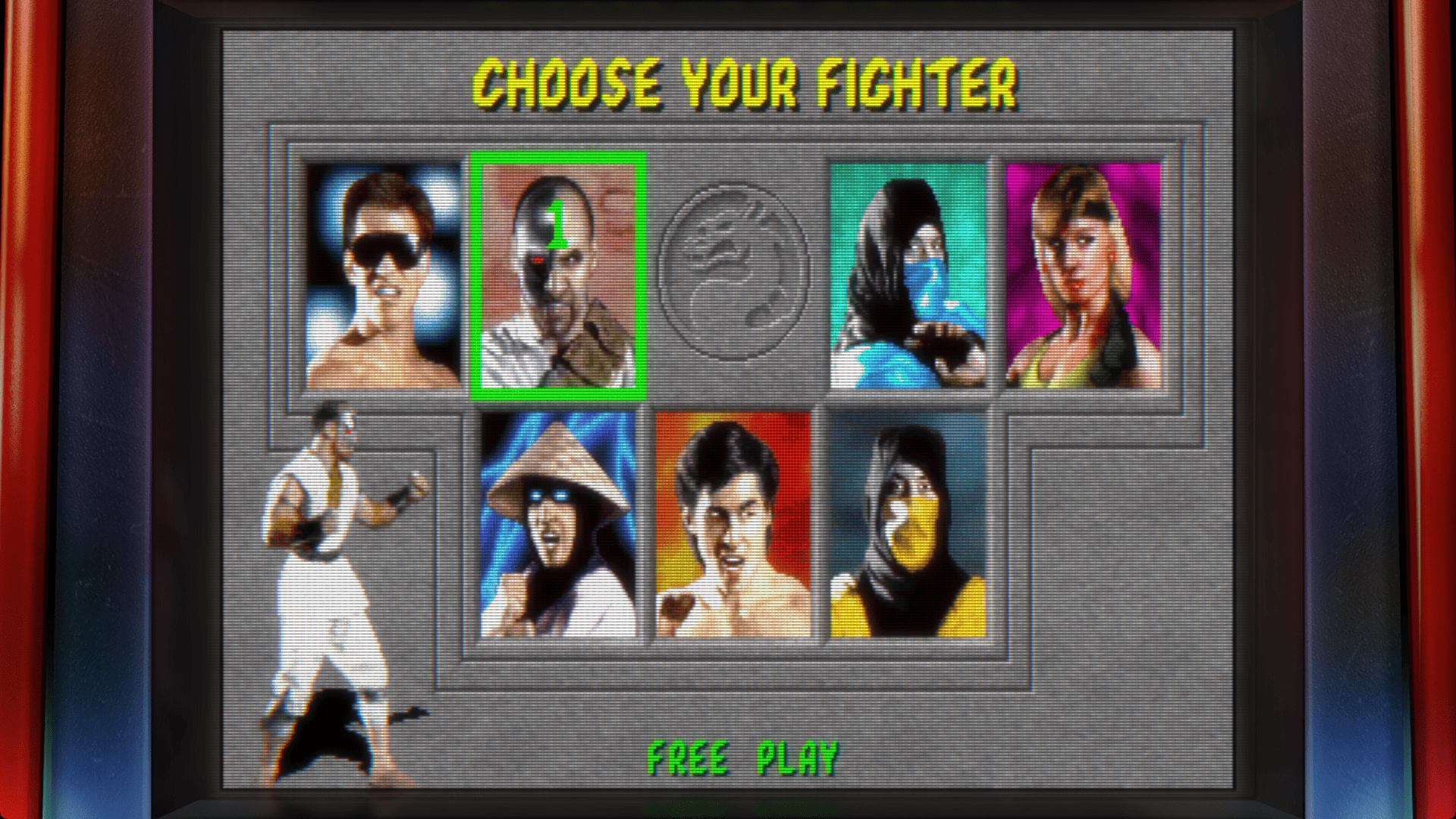
In terms of sound, all the melodies and effects that the original versions of the games included are maintained, so, for better or worse, the sound part remains absolutely intact in all the items of the collection.
The original games in this compilation were never localized in other languages, so we won’t see any Spanish variant here either, but the truth is that our language is present in the menus and the interface of the compilation itself, and we can even see the descriptions of the games in our language, something that is greatly appreciated. It’s also noteworthy that the documentary videos are subtitled in our language, a truly great detail that is usually left aside.
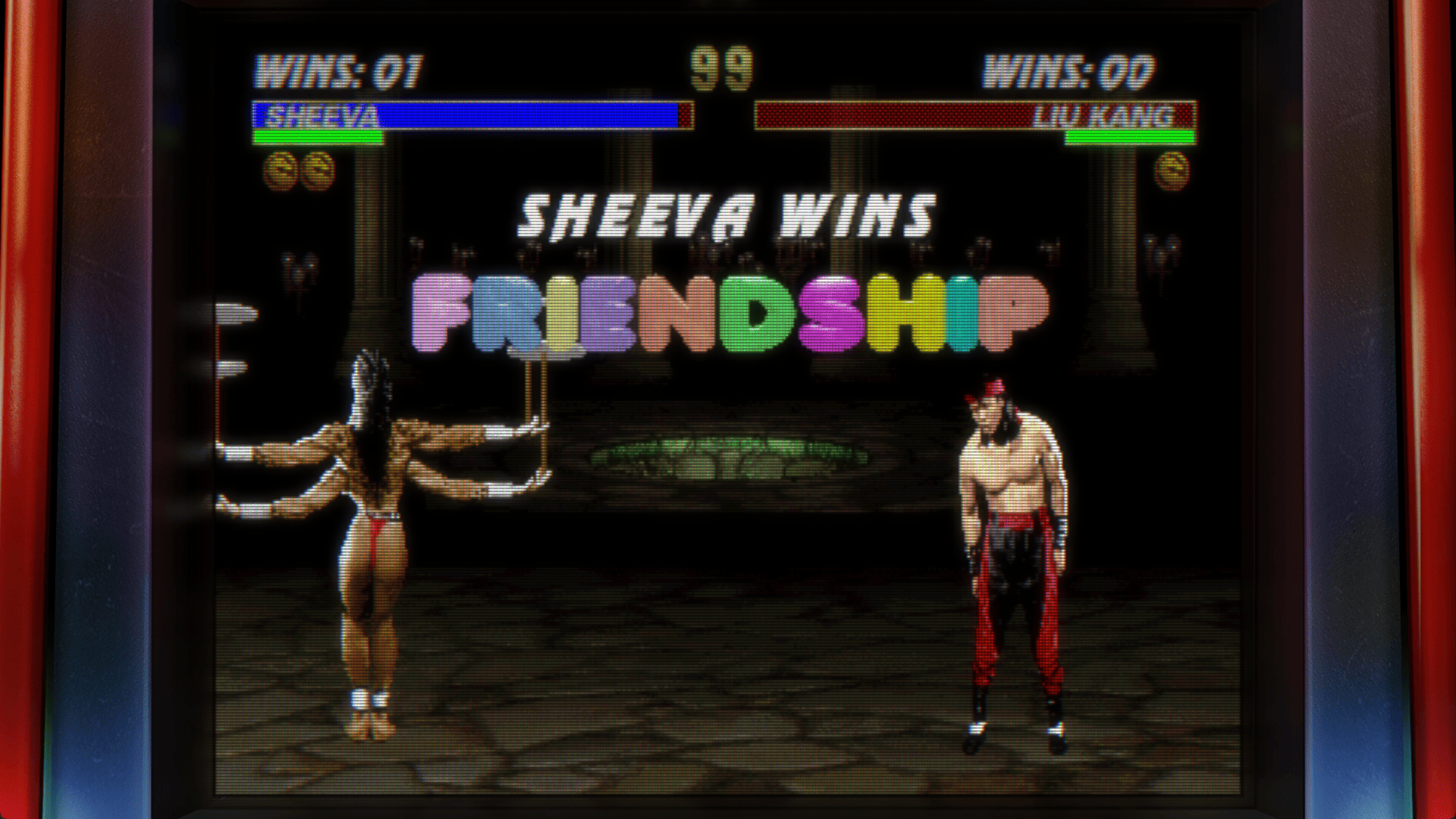
Gameplay
Beyond the number of titles included in the title, quality is undoubtedly what has the most prominence, or as it’s commonly called now, “quality of life improvement”, and here there are many and for all tastes. Believe me.
Any of the games included now have a rewind option that makes it possible to go back in time to a moment before receiving an unwanted blow or being in a very unfavorable position, in addition to the possibility of saving the game at any time.
The titles also have a training option that will allow newcomers to adapt to a gameplay that can be unnatural in modern times, additionally, some games have incorporated new mechanics that not everyone may have fully understood even in their day.
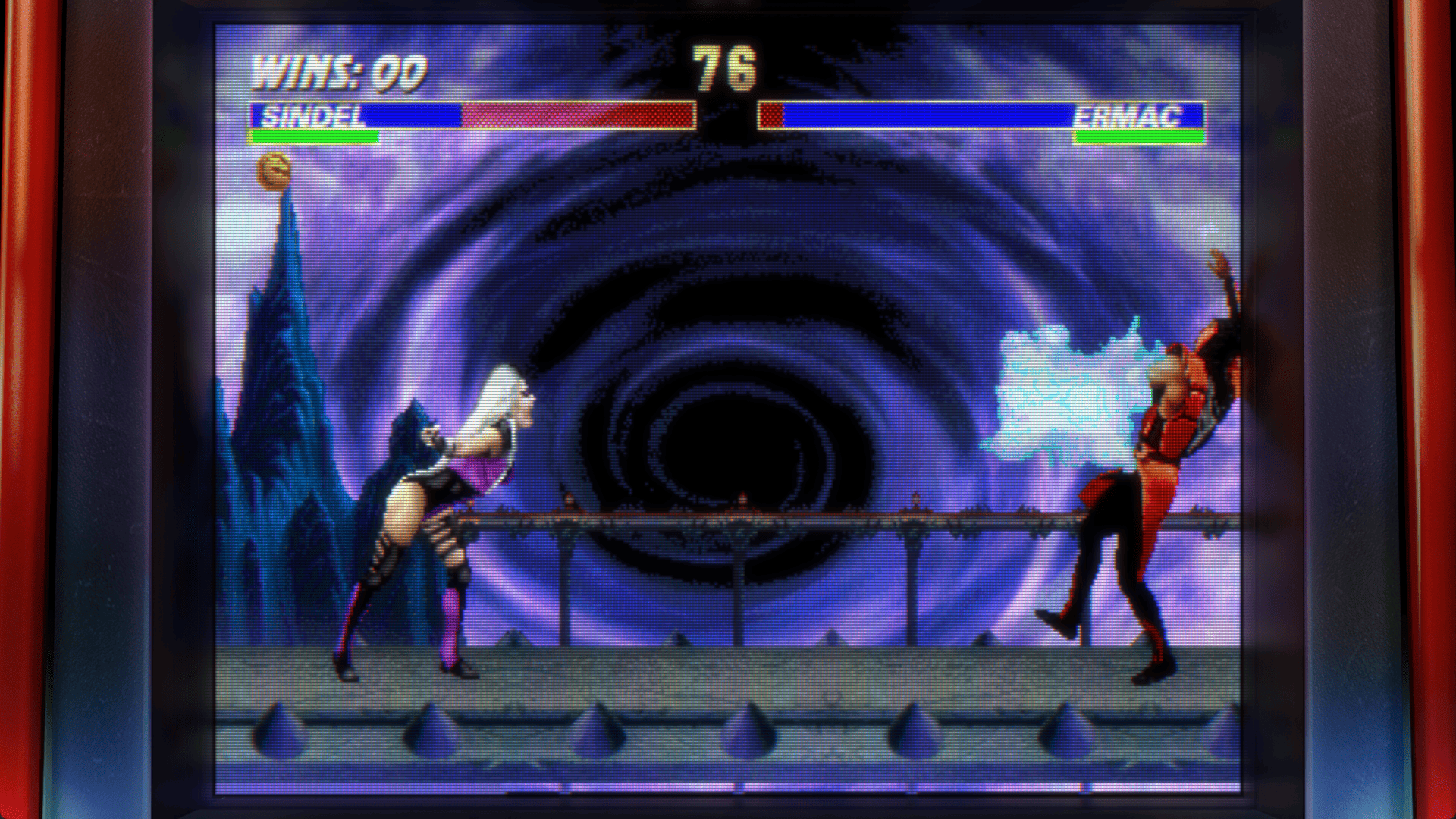
Each of the productions includes the list of movements of all the fighters, which can even be configured to appear visible on the screen at all times, something a bit uncomfortable but that can be useful. I remember that in the past, we learned the movements by heart with magazines, and I was surprised to remember many commands after so many years, fortunately, we no longer have to occupy our memory with those things. The fatalities, animalities, babalities, friendships, and other finishing moves have also been simplified with an option to train each of the commands in a very effective way, where even the distances to place the character are shown. All this with the option to ignore the time limit to perform the finish, which will be very useful at all times.
The titles have specific options for each production, for example, in the original Mortal Kombat, there was a specific procedure to fight against Reptile, which can now be simplified by just enabling an option in the menu, the same happens with Shang Tsung’s transformations in Mortal Kombat Trilogy or activating and deactivating blood in the game in the Genesis/Mega Drive version. The Super NES version remains prudish as always with reduced violence, something that has made me win whole battles in the schoolyard during the peak of the real Console War and that I’m glad to continue winning to this day. Small pleasures in life.
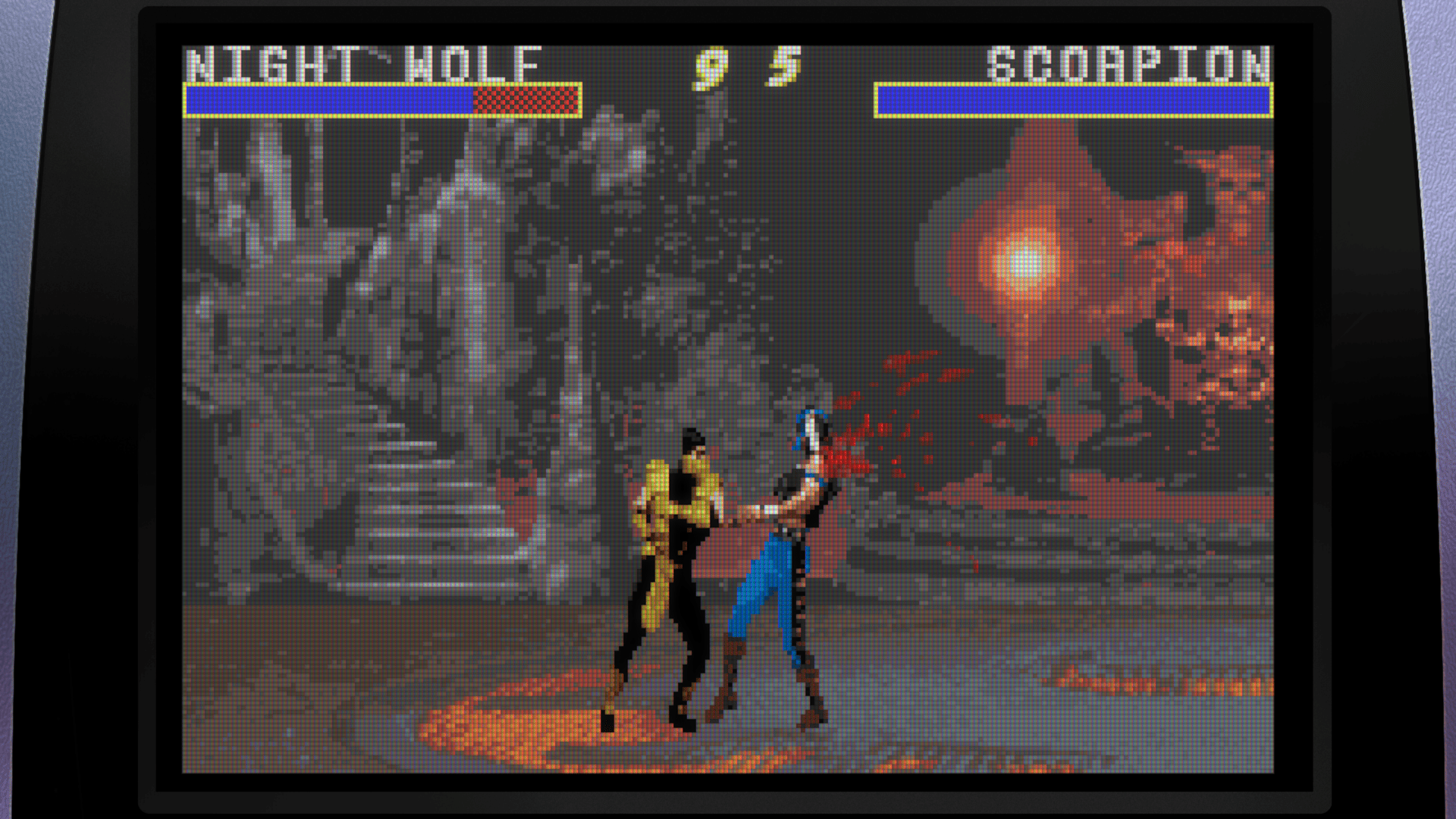
In addition to the options to fight against a colleague on the same console, most of the titles included in this remastered compilation (Mortal Kombat, Mortal Kombat II, Mortal Kombat 3, and Ultimate Mortal Kombat 3) can be enjoyed in versus online modes in ranking or casual with rollback netcode. During this analysis, which was carried out days before the game’s release, it was not possible for me to test these functions since the connection to the servers was not available.
This that I mentioned at the beginning of the analysis about the preservation of the legacy of these games that did so much for the industry can be seen in more than 3 hours of documentary included in the game and which I highly recommend watching to all fans. The material includes interviews with developers, fans, actors, and actresses who play the fighters, and many more gems that talk about the dedication of Digital Eclipse with its productions.
The additional material also includes promotional posters, arcade marquees, complete manuals, and all the material that accompanied the games at launch with an HD quality that you won’t find anywhere on the net, and I’ve looked.
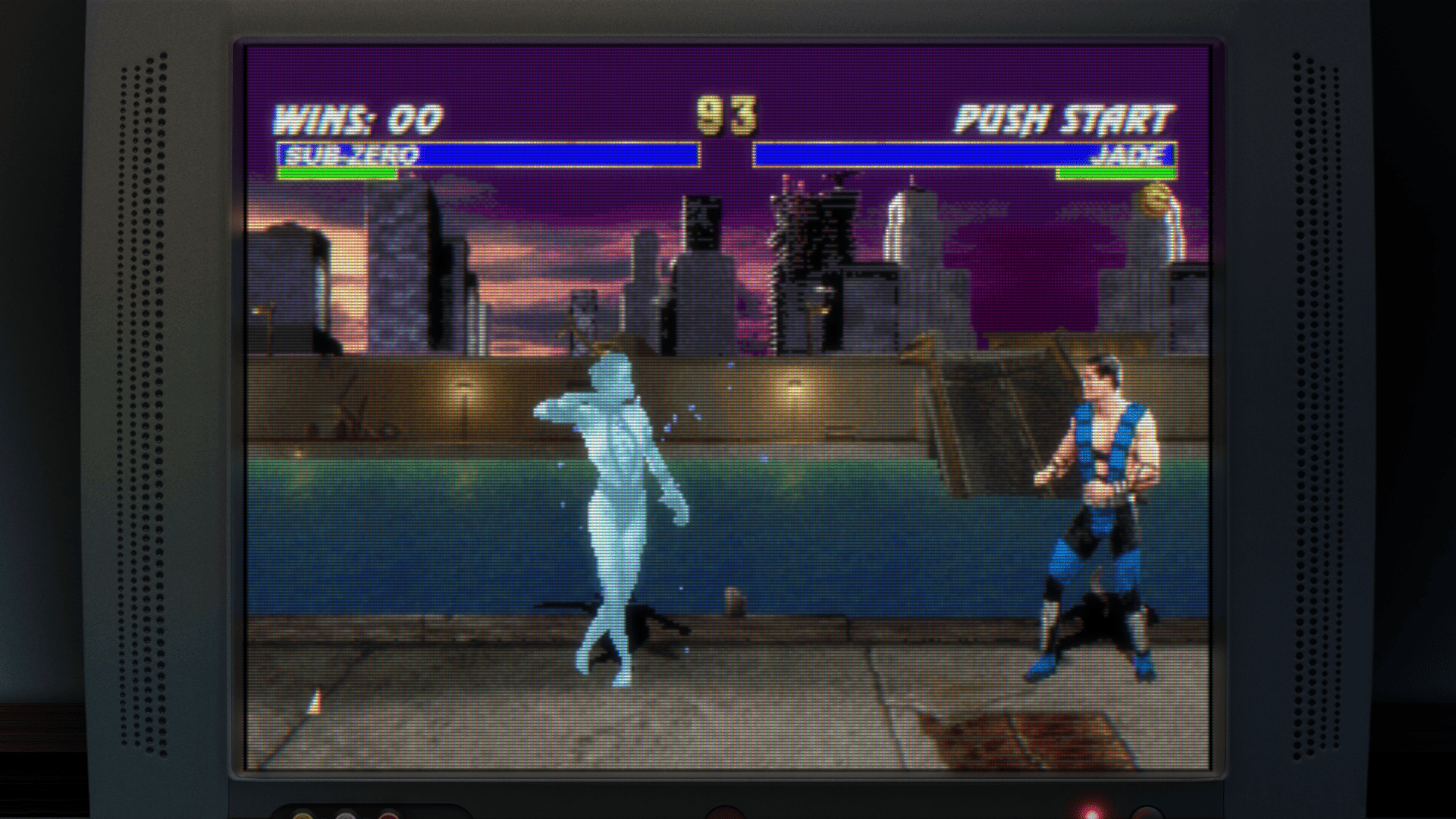
Duration
Without mentioning each of the different versions of each title, the collection proposes a total of eleven titles with many characters, levels of difficulty, and towers with more or fewer enemies, so the time that can be spent with each of the games is considerable. Really, for the price (USD 49.99 in its basic edition) it’s well worth the gameplay time it provides.
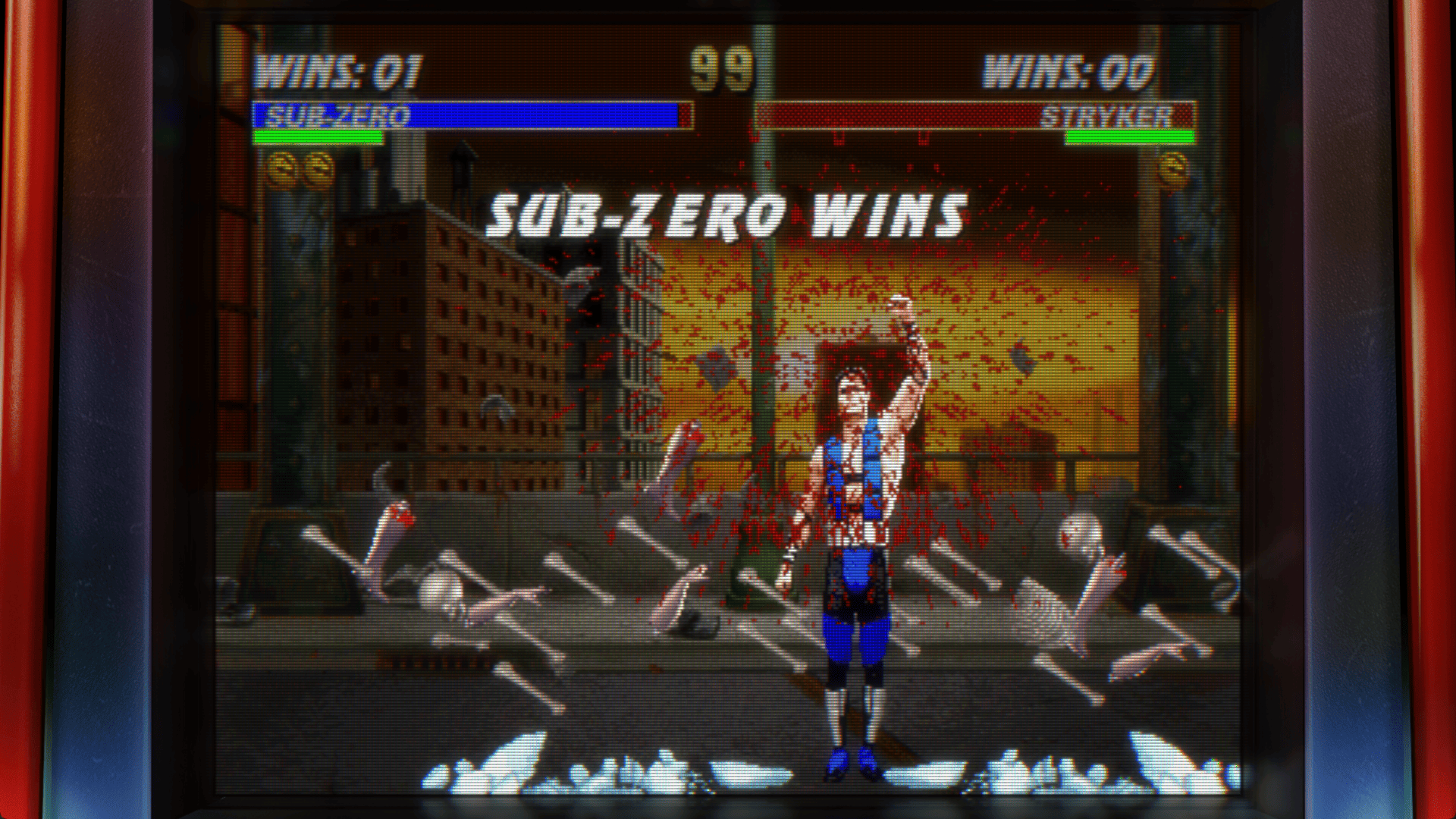
Conclusion
Mortal Kombat: Legacy Kollection is a nostalgia bomb for all those who love the saga. Beyond all the games included in the compilation and their additions that make them more accessible for this new era, this release is a multimedia encyclopedia of an impressive saga that allows reliving old experiences, reviving memories, and also bringing a story to a whole new generation.
For all that and more, I have no choice but to highly recommend the work that has been done on this title and wait for the future to perhaps bring a Legacy Kollection 2 with titles from other console generations, the same violence, and the same passion of the development teams.
